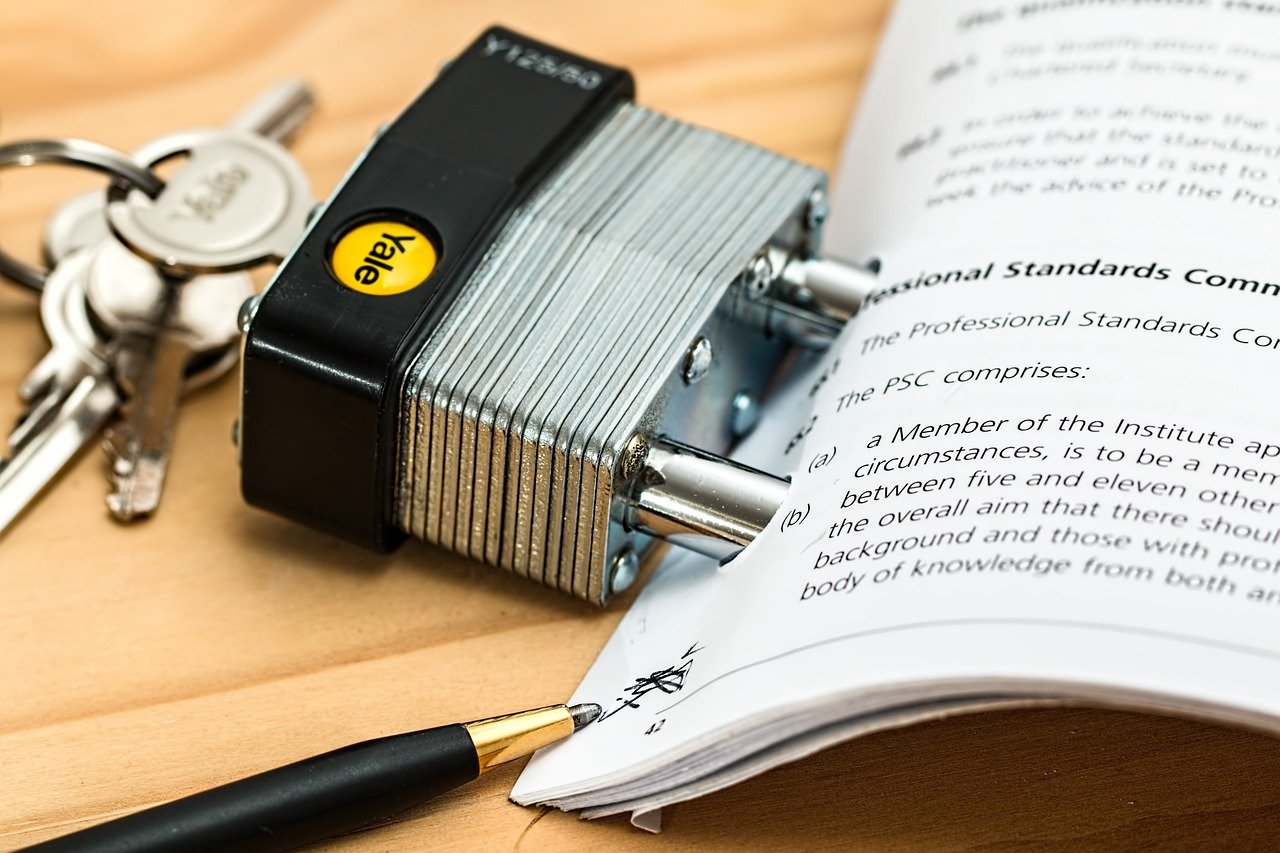International Women’s Day, instituted to commemorate women and their achievements, saw protests, marches and vigorous activism all around the world
On International Women’s Day Spanish women went on strike in protest against gender inequality, in what some have been calling a “feminist strike.” It was not a marginal event, but a historic act involving millions of protesters.
One teacher present at a picket line in Madrid, Concha Noverges, told Reuters, “I lived under the dictatorship, I lived under democracy and we haven’t made much headway… A lot remains to be done and we, in the education sector, have a big role to play.”
The strike lasted for 24-hours and involved an estimated 5.3 million people, according to the major Spanish unions. The march and protest were echoed in other countries, and follow on the heels of the #MeToo movements campaigning for the reduction and eventual elimination of sexual violence and harassment in workplace settings.
Two important people showed up to the event alongside the protestors – the mayors of Madrid and Bareclona, Manuela Carmena and Ada Colau.
“As people in public positions, we have the duty to mobilise on behalf of those who can’t go on strike. This is the century of women and of feminism; we’ve raised our voices and we won’t stop. No more violence, discrimination or pay gap,” The Guardian reported Colau as saying.
As Elisabetta Povoledo and others reported at length in their article in the New York Times, the strike was simply one of the bigger branches of a worldwide movement of people showing up in protest and solidarity favour of women’s liberation and empowerment.
Women also marched in London. The March4Women last Sunday marked the 100th anniversary of women earning the right to vote in the United Kingdom, making this another historic event. It was the sixth annual march of Care International.
Several major celebrities took part in the march, including Bianca Jagger, Anne-Marie Duff and Natalie Imbruglia. Biffy Clyro and Michael Sheen also joined London’s mayor Sadiq Khan.
Khan said, “It is an honour to walk in the footsteps of the women and men who fought for women’s suffrage, retracing their protest route from Parliament to Trafalgar Square.”
Famed actor Michael Sheen said he would take a pay cut to make a point about equal pay, and stated “I think it’s absolutely imperative that no matter what the industry, no matter what the profession, that people should be paid the same for doing the same work. That’s just a given.”
The protesters called for an end to violence in the workplace and gender discrimination, many wearing sashes bearing the words “deeds not words.”
The Gulf News stated that thousands were present at the protest, with Refinery29 putting the number at upwards of 10,000, which has been taken by some as an uptick in the intensity of the demands for various kinds of gender equality.
“I think we are living in a world where there are some dinosaurs that are trying to take us back. And there are those that are moving together, trying to say ‘that’s not the way we want this world to look’,” Helen Pankhurst, great-granddaughter of suffragette Emmeline Pankhurst, said.
“Moving us forward, we should be looking at issues around inequality and naming prejudice and all sorts of forms of entitlement, that just shouldn’t be part of the scene of the 21st century,” she added.
The march started in Millbank’s Old Palace Yard and finished in Trafalgar Square with important speeches on the history of women’s right to vote, where women’s rights campaigners spoke in the same place leading up to the Representation of the People Act of 1918.
Women who owned property, through the act, were able to vote if over the age of 30. This eventually paved the way for universal women’s suffrage.
Outside of the west, it looks like voices for women’s empowerment were just as passionate, with The Associated Press reporting, “Demonstrators filled the streets in several Asian cities, including Manila, Seoul and New Delhi. Clad in pink and purple shirts, activists in Manila lambasted Philippine President Rodrigo Duterte, calling him among the worst violator of women’s rights in Asia. Human rights groups have condemned Duterte’s sexist remarks, including a suggestion that troops shoot female communist rebels in the genitals.”
The global solidarity movement focused around International Women’s Day continues to grow, and was coordinated and executed highly successfully, which should be a boon to those hoping to change gender dynamics in and out of the workplace.






Article Discussion